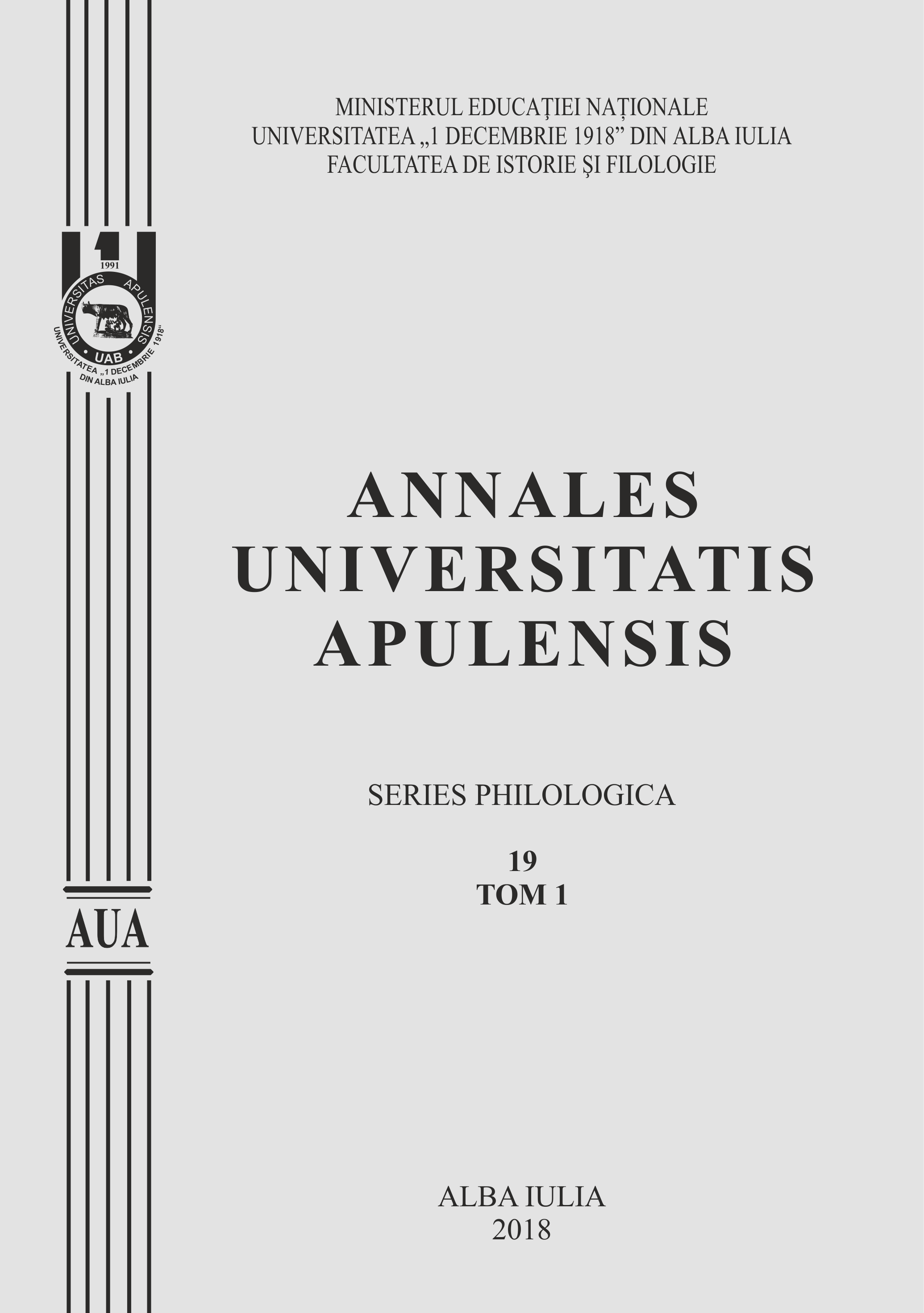DIMENSIUNI ALE REFORMEI ÎNVĂȚĂMÂNTULUI DIN ROMÂNIA ÎN CONTEXTUL POLITICILOR EDUCAȚIONALE INTERNAȚIONALE
DIMENSIONS OF THE EDUCATIONAL REFORM IN ROMANIA IN THE CONTEXT OF INTERNATIONAL EDUCATIONAL POLICIES
Author(s): Liana TăuşanSubject(s): Social Sciences, Language and Literature Studies, Education, State/Government and Education, Philology
Published by: Universitatea »1 Decembrie 1918« Alba Iulia
Keywords: the European dimension of education; education reform; educational policies; education system; curricular reform;
Summary/Abstract: As a base component of educational policy, the European dimension represents a finality which is aimed at overcoming the national specifics of European education systems, respecting diversity, emphasizing pluralism and interculturality. Achieving the European dimension at the level of education and training systems implies the correlation of two elements: emphasizing the cultural identity of each nation and upholding the cultural diversity that generates tolerance, interculturality, and respect for one another. At the level of educational policy, the European dimension implies: accentuating the importance of developing competences required by a democratic society; emphasis on foreign language classes, on studying their literature and social sciences; giving special importance to the use of computers in education; decentralization of decision-making in regards to the curriculum and establishing the finalities, structure and content of education, especially according to the interests and skills of the pupil, all correlated to the social context; providing a school environment compatible with the ideals of a democratic society and favourable to the cultivation of values specific to it.After 1990, there have been numerous changes to the Romanian education system that have had as aim the switch from an authoritarian and centralized education system to one adequate for a democratic society and which would be in concordance with European education. Therefore, the priorities of the pre-university education reforms after 1990 have aimed to: reform the curricular system (centring on developing competencies, abilities and skills; make learning pathways flexible and individual by adapting the educational supply to the individual demands; adapting the educational content to the social and economic needs); create/develop a lifelong learning system for adults; re-establish the connections between school – community, school – economic environment; improve the access to education and quality of education for at risk groups; improve the participation in education; correlate the Romanian education system to the European objectives and standards; develop orientation and professional counselling systems; decentralize the education system.Adapting to the European systems and structures requires the following courses of action: reducing the quantity of information in education programmes and adapting the curriculum to the European standards; converting the system based on reproducing information to a creative one; improving the infrastructure and making electronic communications widely available; creating productive partnerships between education institutions and the economic, administrative and cultural environment; education management oriented towards competitiveness and performance. Concerning the integration with the European education systems, it is necessary to consider their common tendencies and characteristics: extending primary school, both towards a higher age and a lower one; focusing the evaluations on competencies and abilities attained by the end of an education stage/level; creating broad career paths in higher secondary education and not narrow ones that would be unstable or uncertain on the future labour market; establishing school orientation as part of the education process as well as of the principles and concepts that mark the beginning of the millennium – global education, lifelong learning, inclusive education, equal opportunities, partnership in education.
Journal: Annales Universitatis Apulensis. Series Philologica
- Issue Year: 19/2018
- Issue No: 1
- Page Range: 294-301
- Page Count: 7
- Language: Romanian

